

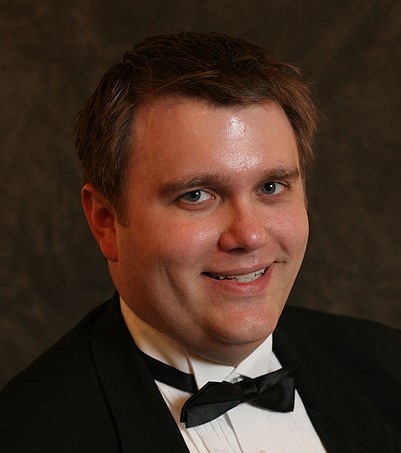 Over the past year, the Board of the American Matthay Association for Piano has been monitoring the evolving situation with the COVID-19 pandemic, and we have been in close communication with the College
of St. Scholastica. While we cannot know what the situation will be in June, after a two-year delay, all predictors seem to indicate that we can finally move ahead with our 2022 festival, scheduled for June 22-25, 2022.
Over the past year, the Board of the American Matthay Association for Piano has been monitoring the evolving situation with the COVID-19 pandemic, and we have been in close communication with the College
of St. Scholastica. While we cannot know what the situation will be in June, after a two-year delay, all predictors seem to indicate that we can finally move ahead with our 2022 festival, scheduled for June 22-25, 2022.


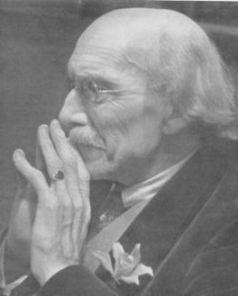
The annual Matthay Festivals are designed to offer participants direct and
concentrated access to the Matthay teaching principles as they apply at
all levels, including that of the performing artist. Daytime sessions
include lectures, demonstrations, performances, and master classes, and
a recital is heard each evening. The year 2022 marks the sixty-fourth gathering,
and this year's Festival will also include performances and masterclasses featuring the recipients of
the 2020 and the 2022 Clara Wells Fellowship Awards.
Previous Matthay
Festivals have taken place at many locations throughout North America,
including the Philips Academy at Andover, Massachusetts, the University of Maryland, the
University of Central Florida, the Royal Conservatory of Music in
Toronto, San Jose State University, Williams College, Pennsylvania
State University, the University of South Carolina, Wittenberg
University, the University of Kansas, Columbus State University, the University of
Richmond, East Carolina University, King College, Union University, Western Carolina University, Texas Wesleyan University, the Eastman School of Music, Arizona State University, and the University of Alabama.
Because this year the Matthay Association is also honoring the legacy of the American pianist and teacher Frank Mannheimer—one of Matthay's most distinguished pupils—in the city where he convened summer classes
for over 30 years, a
number of special events have been planned.

Register here for the Festival!


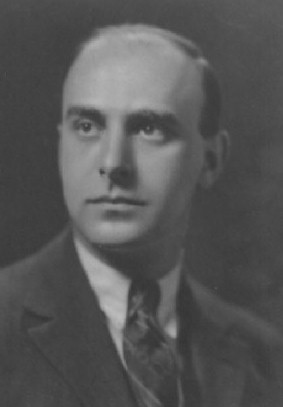
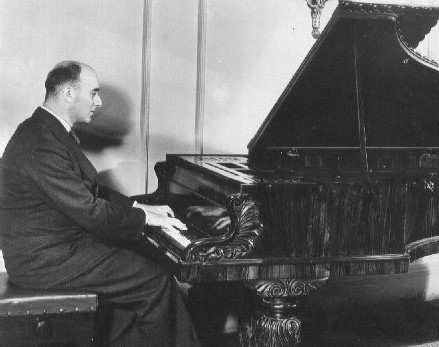
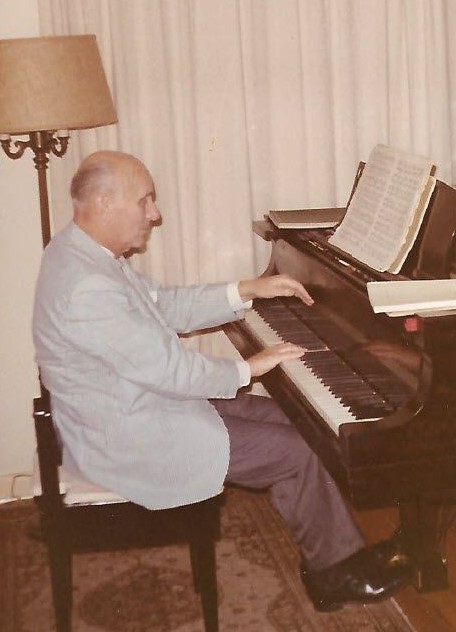



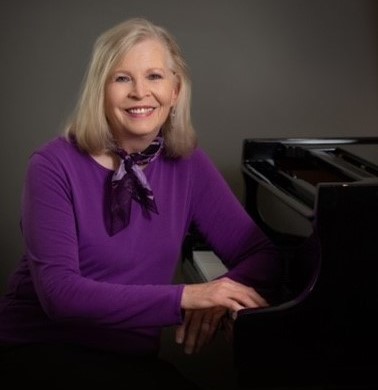
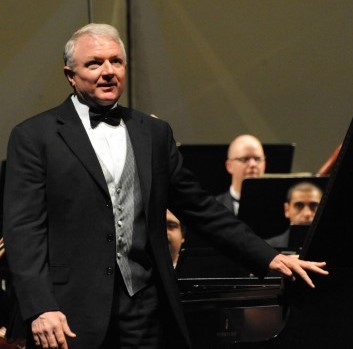
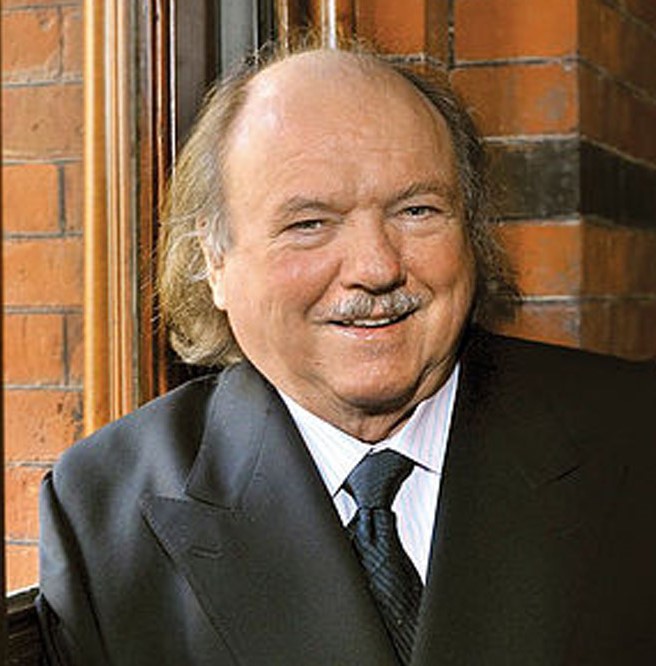
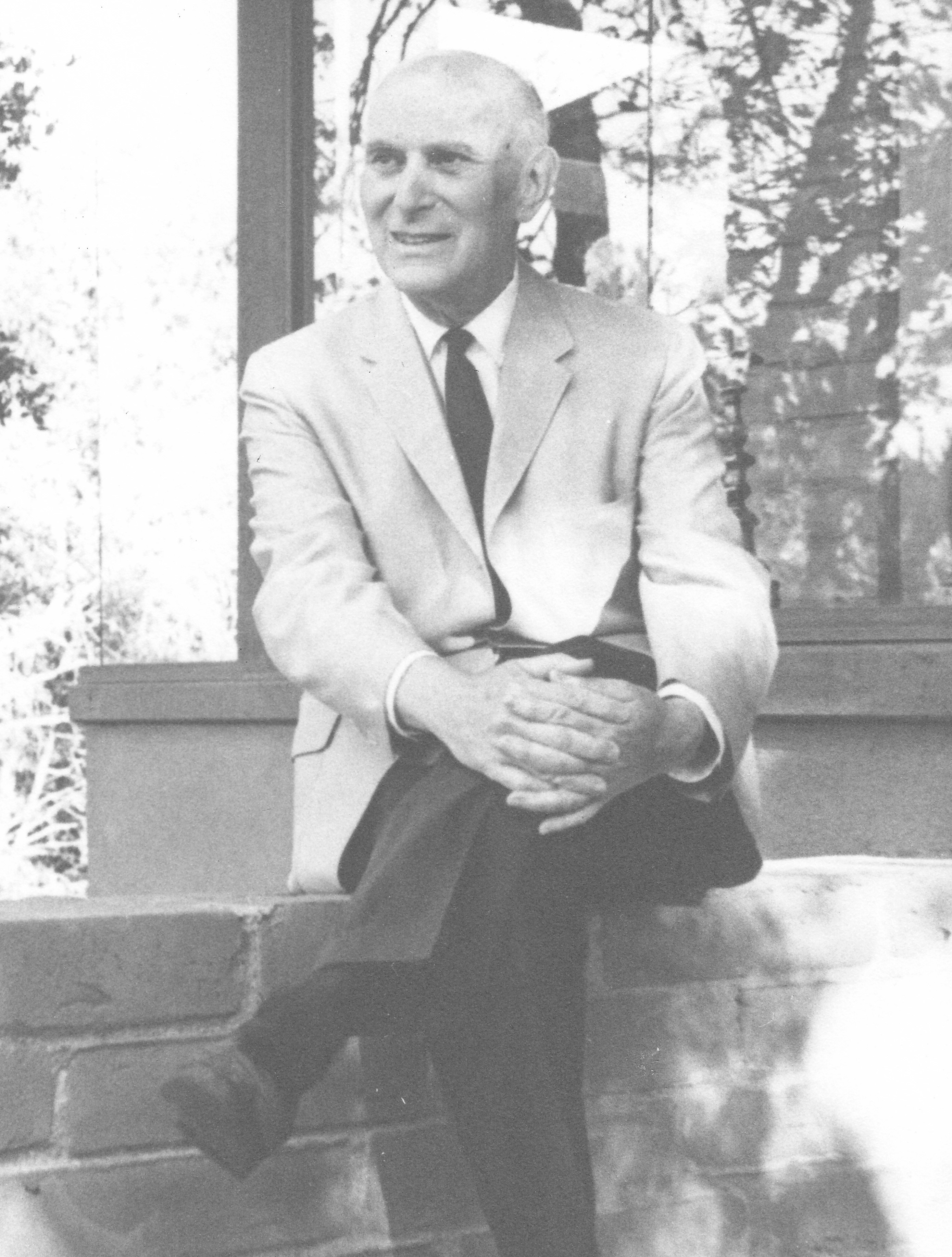
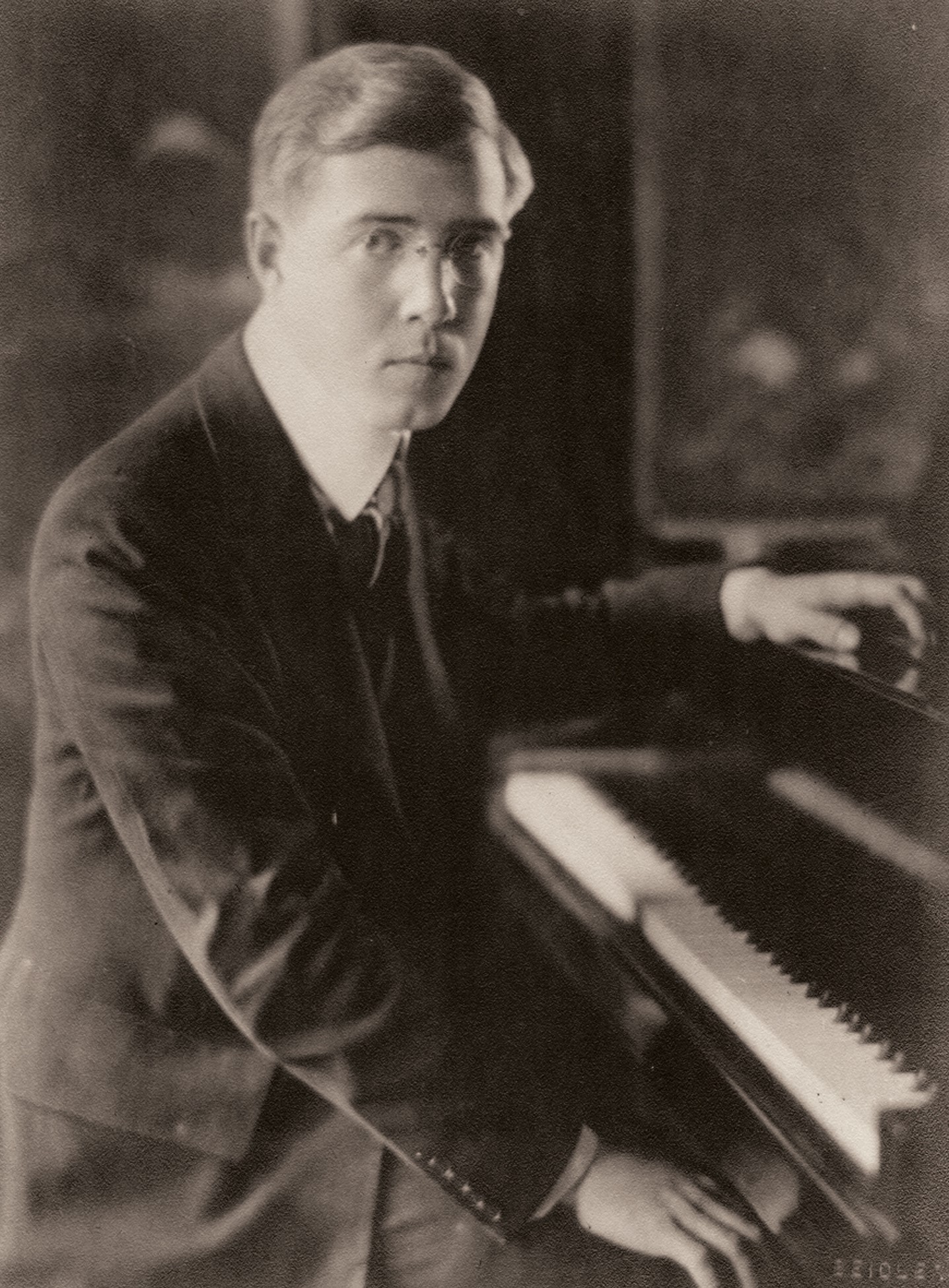
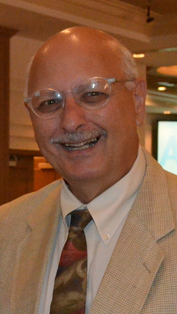
FRANCIS CROCIATA (right), who lectured at the 2019 Matthay Festival, is a noted authority on Sergei Rachmaninoff, but he has also written and lectured on Leo Sowerby for nearly five decades. He became president of the Leo Sowerby Foundation in 1993 and coordinated a nation-wide schedule of concerts and festivals spanning a period of 18 months in observance of Sowerby’s birth centennial in 1995. He has produced, co-produced, or written the booklet annotations for 17 issued recordings of Sowerby’s music, as well as the cover essay for the May 1995 issue of The American Organist. As managing editor, he has also overseen the publication of 23 of Sowerby’s works, mostly first publications of secular and solo works which have appeared under the Sowerby Foundation’s imprint in cooperation with Theodore Presser, Inc. He has discovered much little-known information concerning the Mannheimer/Sowerby connection, and his expanded presentation will include performances of works dedicated to and closely associated with Mannheimer, including a portion of Sowerby's Florida Suite (1929) performed by Signe Sebo Zale, and three as-yet unpublished works, the Passacaglia, Interlude, and Fugue (1931), performed by Dan Franklin Smith, the Passacaglia (1942) performed by Stephen Siek, and the Piano Concerto No. 1 (1915-17), performed by Nicholas Susi, assisted by Mary Pendleton Hoffer, collaborative pianist.
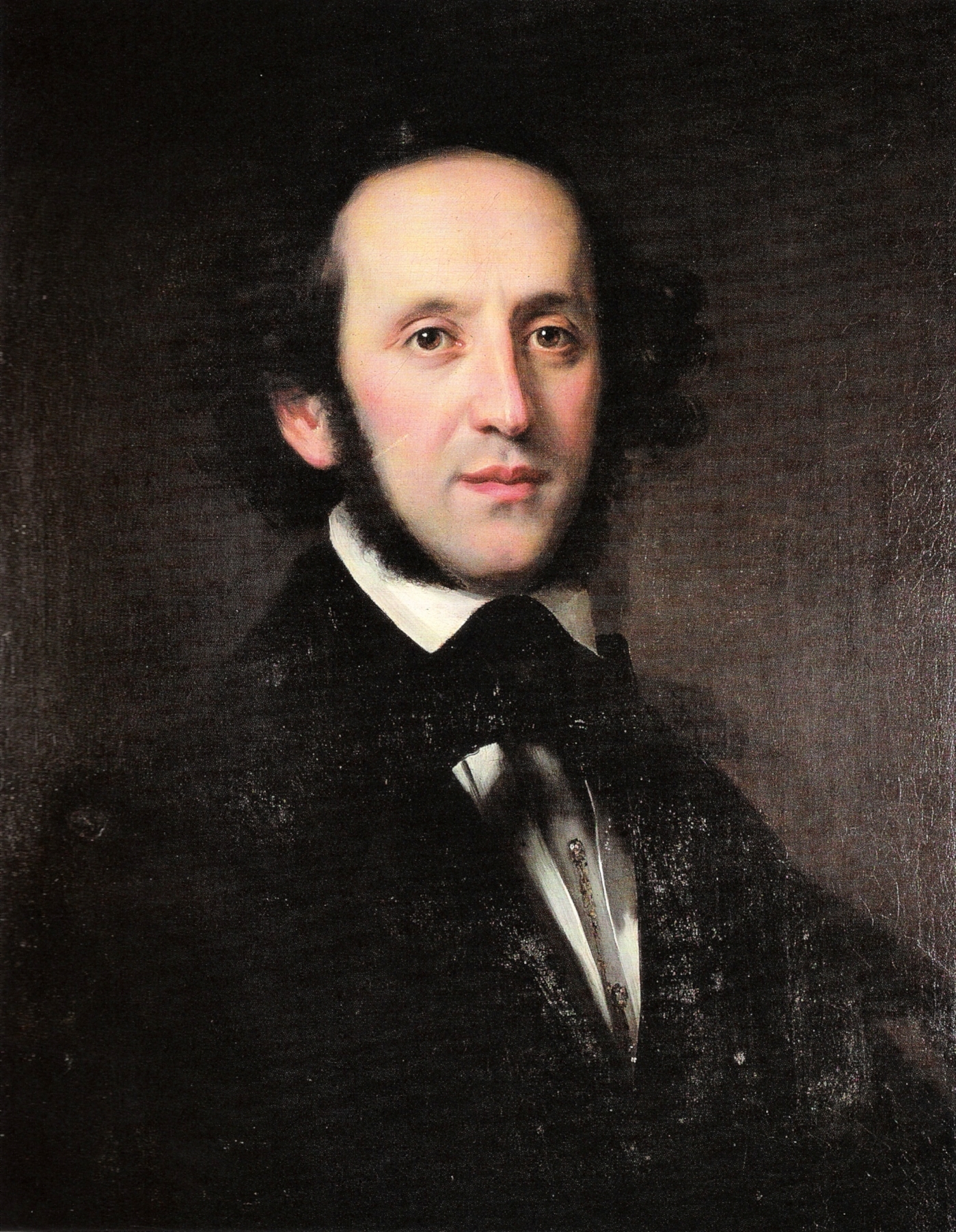
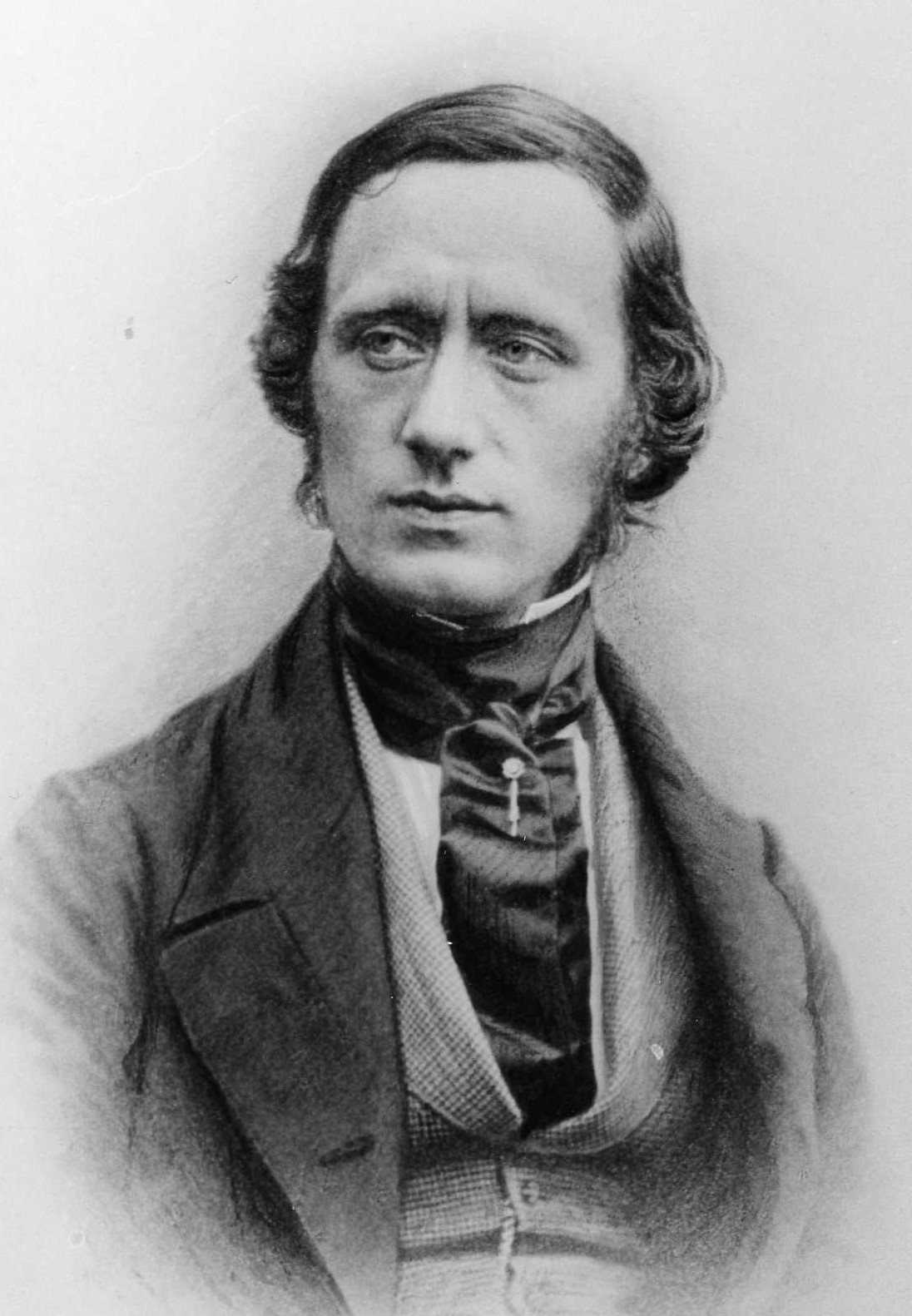


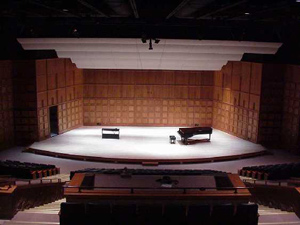
St. Scholastica's Music Department offers the B.A. degrees in Music and Music Education in a traditional, on-campus format at the Duluth campus. A minor in music is also available, and general education offerings are available on-campus and online.
The Department is housed in historic Tower Hall (left), which is
conveniently connected to Mitchell Auditorium (right),
a premier performing arts center, hosting concerts, lectures, theater productions, and student activities. The auditorium seats 580 with accommodations for people with handicaps and hearing impairments.


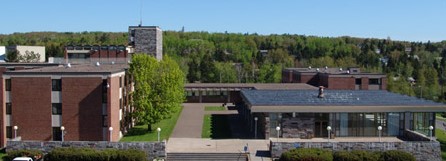

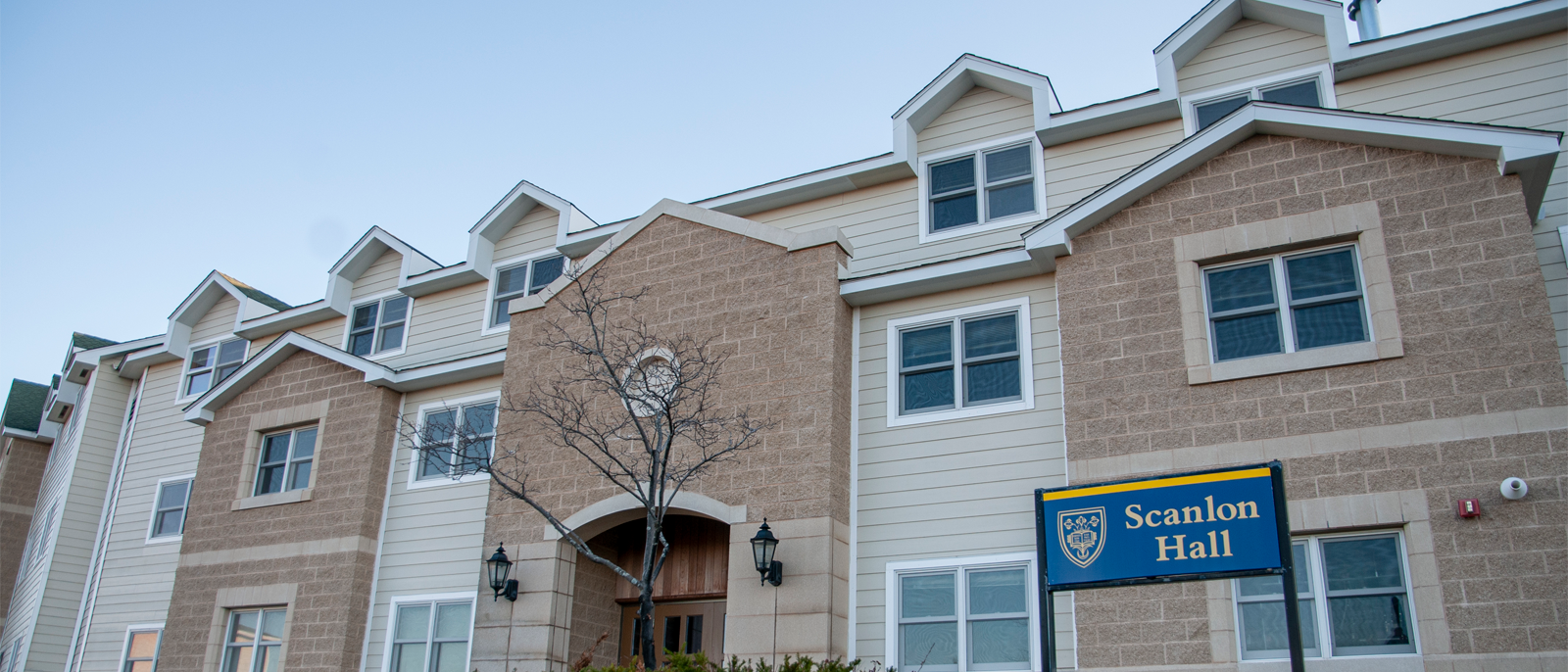


 On Saturday, June 25, this year's Festival Banquet will begin at 6:00 in Somers Lounge. It will feature a cash bar, and the buffet dinner will be catered by Black Woods, a Duluth favorite,
locally owned and family-operated since the early 90s. Black Woods regularly partners with a variety of Minnesota and Wisconsin companies throughout the year to ensure that its menu changes with the seasons, and that it remains filled with the healthy, farm-fresh ingredients its diners have come to expect. Our buffet dinner will include
Black Woods's salad spring mix (with craisins, red onion, cherry tomatoes, cucumber, parmesan, and garlic vinaigrette dressing), their signature entrée,
Champagne Chicken (pictured at left) (lightly breaded, sautéed chicken, parmesan cheese, with a housemade champagne sauce),
rosemary garlic roasted red potatoes (gf), and
sautéed green beans with toasted almonds and red onion (gf).
Those who register in advance may also request a vegetarian option, a roasted seasonal vegetable cavatappi pasta, with sage cream sauce.
On Saturday, June 25, this year's Festival Banquet will begin at 6:00 in Somers Lounge. It will feature a cash bar, and the buffet dinner will be catered by Black Woods, a Duluth favorite,
locally owned and family-operated since the early 90s. Black Woods regularly partners with a variety of Minnesota and Wisconsin companies throughout the year to ensure that its menu changes with the seasons, and that it remains filled with the healthy, farm-fresh ingredients its diners have come to expect. Our buffet dinner will include
Black Woods's salad spring mix (with craisins, red onion, cherry tomatoes, cucumber, parmesan, and garlic vinaigrette dressing), their signature entrée,
Champagne Chicken (pictured at left) (lightly breaded, sautéed chicken, parmesan cheese, with a housemade champagne sauce),
rosemary garlic roasted red potatoes (gf), and
sautéed green beans with toasted almonds and red onion (gf).
Those who register in advance may also request a vegetarian option, a roasted seasonal vegetable cavatappi pasta, with sage cream sauce.
As a special treat, an assortment of desserts will be provided by the world-famous Betty's Pies (pictured at right), a Minnesota North Shore tradition since 1957. Many students of Frank Mannheimer remember Betty with a special fondness, since her mouth-watering, home-baked pies were always a treat that few could resist. Coffee and tea will be included, and the price is $40 inclusive. Please follow the registration link below to make your reservation.
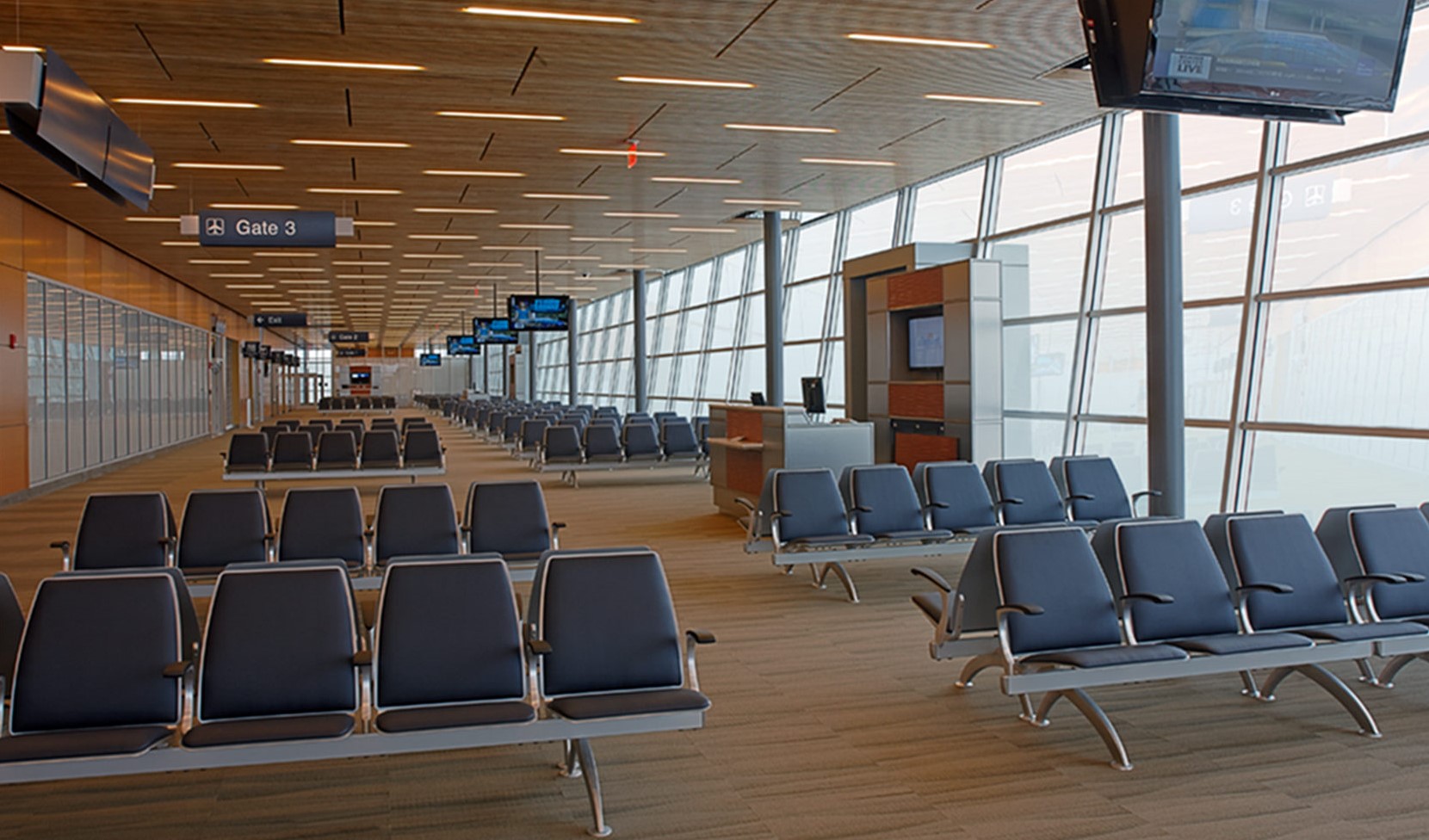
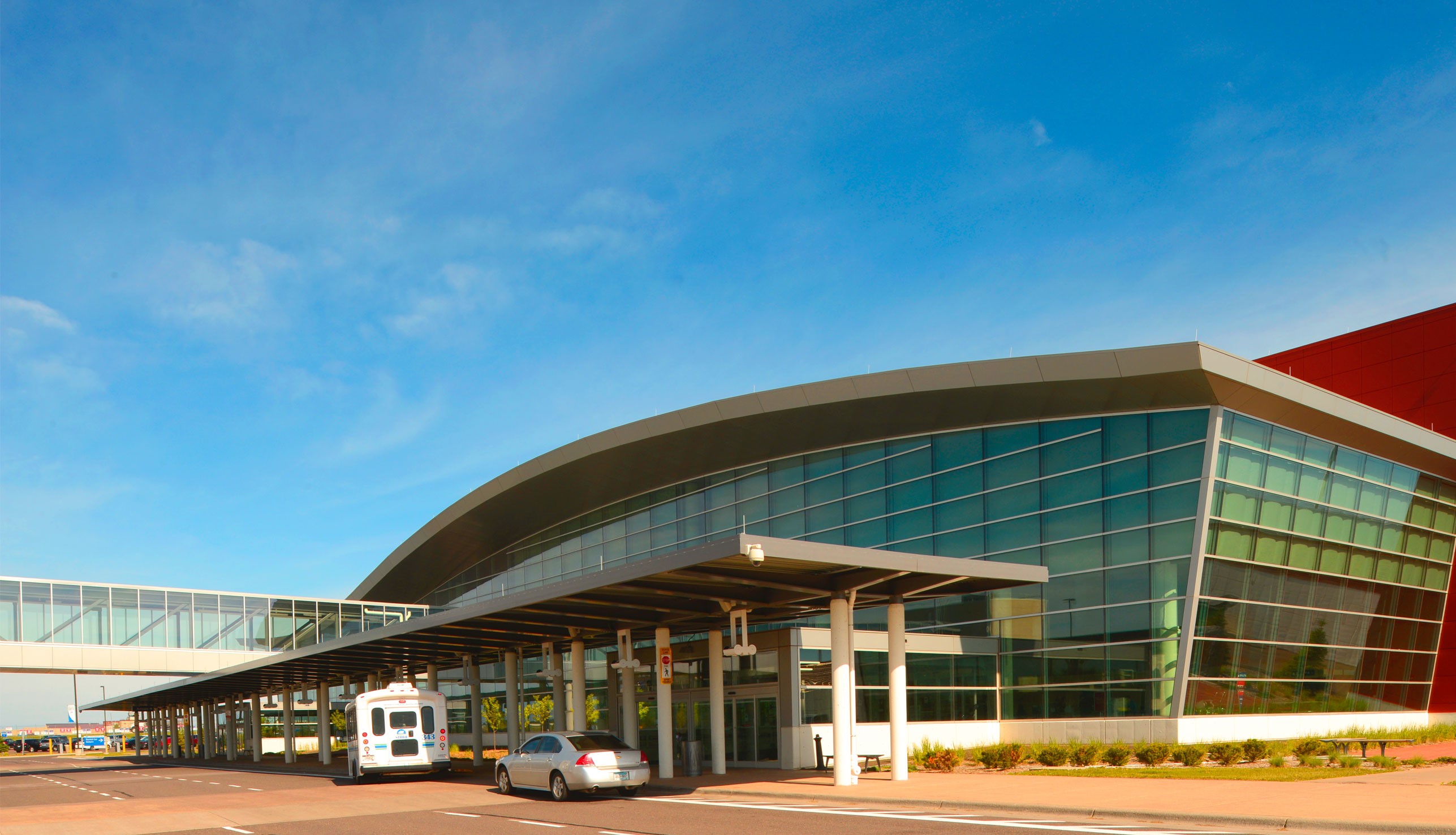
 Program Schedule
Program Schedule
 Biographies of 2022 Presenters
Biographies of 2022 Presenters
 Register for the Festival
Register for the Festival
 Back to Matthay Home Page
Back to Matthay Home Page